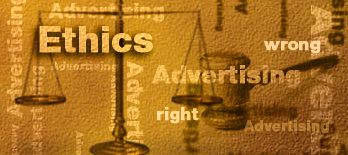
Guide your legal rights with a policy manual
Here’s a summer assignment for leaders of the yearbook staff: revisit your publication policy manual, or create one if you are missing this important document.
In an effort to balance legal rights with what’s right ethically, it’s a good idea to adopt policies that guide the application of law and make provincial rules less arbitrary and more objective. Furthermore, a good policy manual builds staff morale and enhances performance potential.

